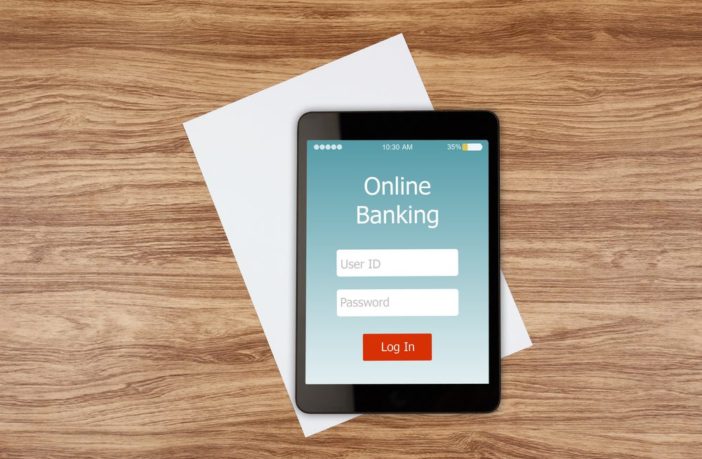Photo credit: Shutterstock.com / Jiffy Avril
Online banking offers convenience, accessibility, and a wide range of services at our fingertips. However, this convenience also necessitates robust online banking security measures. Here are five key aspects of online banking security that every user should know to protect their financial assets and personal information.
Strong Passwords and Multi-factor Authentication
The cornerstone of online banking security is the strength of your passwords coupled with multi-factor authentication (MFA). Passwords should be complex, unique, and not easily guessable. Avoid common words, phrases, or readily discoverable information such as birthdays or names. Opt for passwords featuring a blend of upper and lower-case letters, numbers, and special characters.
Additionally, MFA provides an extra security layer. Generally, MFA combines something you know (your password) with something you have (a device or token). This second step erects another barrier against potential attackers. Most banks now mandate MFA for account access, making it imperative to enable this feature.
Regular Account Monitoring
Regularly monitoring your account activity is an effective way to identify unauthorized transactions or unusual behavior. Many banks grant online access to your transaction history, enabling real-time transaction review. Thoroughly scrutinize these transactions and promptly report any irregularities or unfamiliar transactions to your bank.
Banks also offer customizable alerts and notifications for diverse account activities. These alerts can inform you of substantial withdrawals, low balances, or unusual account access, allowing swift reaction to potential security breaches.
Your online banking security is contingent on the security of the devices you use for account access. Ensure your computer, smartphone, and tablet have updated antivirus software and firewalls. Periodically update your operating systems and apps to patch any known vulnerabilities, safeguarding against malware and other harmful software.
Be wary of using public Wi-Fi networks for online banking, as these may lack security. If you must use public Wi-Fi for sensitive transactions, consider a virtual private network (VPN) to encrypt your connection.
Phishing scams continue to be a significant online banking hazard. Scammers employ various strategies to deceive individuals into disclosing sensitive information like login credentials and account numbers. Always question unsolicited communications asking for personal information and verify their legitimacy by contacting your bank through official means.
Personal Information Safety
Guarding your personal information is a critical aspect of online banking security. Exercise caution when divulging personal information on social media or public forums. Consider setting up alerts or notifications for changes to your account information and introduce additional security questions that only you would know.
Online banking has revolutionized financial management, but this convenience comes with inherent security risks. By employing strong passwords, enabling MFA, monitoring your account, securing your devices, being vigilant against phishing, and protecting your personal information, you can substantially bolster your online banking security. It’s an ongoing process requiring awareness of the latest threats and best practices to maintain the integrity of your financial accounts.
This story was created using AI technology.



